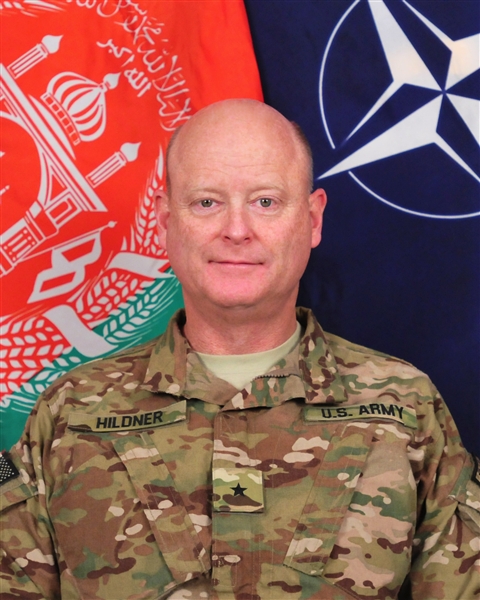3106th Council meeting, Foreign Affairs
Brussels, 18 July 2011
The Council exchanged views on the situation in the EU’s Southern Neighbourhood, in the light of the latest developments in the region. It adopted the following conclusions: Syria
1. “The EU deplores the fact that the Syrian leadership has chosen to ignore repeated calls made by the international community and continues its policy of deliberate violent repression of peaceful protestors. The EU reiterates its condemnation of this policy in the strongest terms. The violence must be stopped immediately in order to prevent further bloodshed.
2. In this context, the EU calls for a political process leading to rapid and concrete implementation of substantial reforms, addressing the legitimate demands of Syrian people on their way to a peaceful, genuine and irreversible transition to democracy.
3. The EU salutes the determination and courage of the growing number of Syrian people who continue to voice their legitimate aspirations by peaceful protests. They do so despite the increasing number of casualties and reported cases of torture and other flagrant human rights abuses, some of which have been alleged by independent sources to be crimes against humanity. This must be subject to an independent, transparent and effective investigation, as requested by the UNSG, and the perpetrators of such acts must be held to account. The EU extends its sincere condolences to all victims and their families.
4. The EU condemns the crackdown by the Syrian security forces in a number of cities, most recently in Hama. The EU urges Syria’s leadership to call off such security operations immediately and refrain from the continued use of force against civilians.
5. The EU recalls that President Al-Assad promised to launch a National Dialogue and notes that the first meetings took place. However, the Syrian regime still has to fulfil all legitimate demands to immediately stop violence and release prisoners as a prerequisite for a credible national dialogue leading to genuine transition to democracy. The EU emphasises that, if a dialogue is to be credible and genuine, it must be truly inclusive and conducted in an environment without fear and intimidation. For a dialogue to be inclusive and meaningful, the participation of the opposition with the full freedom of assembly is essential.
6. The EU further recalls that the Syrian government adopted reforms, notably the lifting of the state of emergency and guaranteeing the right to peaceful protest, which have never been put into practice. The EU reiterates that by choosing a path of repression instead of fulfilling its own promises on broad reforms, the Syrian regime is calling its legitimacy into question. The reforms should be fully implemented without delay.
7. The EU strongly deplores the fact that despite the amnesties announced by the President thousands are still held in detention. All prisoners of conscience and those arrested in connection with peaceful protests should be released urgently. The EU calls on the Syrian leadership to halt its far-reaching persecution, including arbitrary arrests, abuse of detainees in custody and intimidations, to respect human rights, allow unhindered access by human rights monitors, and cooperate with the Office of the High Commissioner for Human Rights including by granting its mission access to Syria.
8. The EU notes with extreme concern the deteriorating humanitarian situation of many Syrians. Thousands of people continue to be displaced, including in the neighbouring countries, as a result of the violence. Provision of basic goods and services has been interrupted repeatedly. The Syrian authorities must ensure that no further interruptions occur. The EU stresses that the Syrian authorities bear responsibility for the humanitarian situation of the Syrian people and strongly urges them to allow safe and unhindered access by humanitarian agencies to all affected areas.
9. Noting that some limited access was given to international media, the EU urges the Syrian authorities to allow independent and international media to operate in Syria without restrictions. The Syrian people should not be deprived of access to free media, including the Internet.
10. The EU strongly condemns the attacks directed against diplomatic representations, including of one of its Member States, and the totally inadequate response of the Syrian authorities. It further reminds the authorities of their obligation to protect diplomatic representations in Syria.
11. The situation continues to affect neighbouring countries and constitutes a threat to regional peace, security and stability. Therefore, the EU persists in its efforts to ensure that the UN Security Council assumes its responsibility in this respect, including by condemning the ongoing violent repression. The EU acknowledges the efforts by Turkey and other regional partners on the different aspects of the crisis, in particular the humanitarian aspects, and will work with them to address the situation in Syria. The EU continues to stand ready to assist in addressing the humanitarian implications of the crisis in the region.
12. Until the unacceptable violence against the civilian population is halted and decisive progress achieved towards fulfilling the legitimate aspirations of the Syrian people for a democratic transition, the EU will pursue and carry forward its current policy, including through sanctions targeted against those responsible for or associated with the violent repression.”
Source:
Council of the European Union

 von
von 
